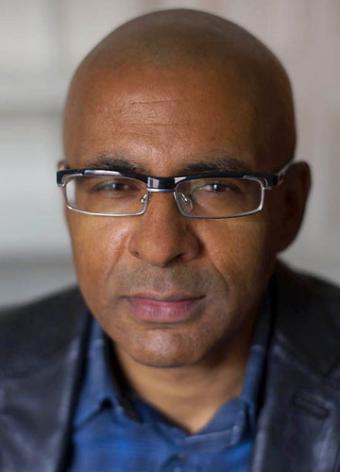The Portuguese colony of Angola grew out of a settlement established at Luanda Bay in 1576. From its inception, Portuguese Angola existed to profit from the transatlantic slave trade, which drove the colony’s economy for the next 300 years. Using the city’s eighteenth-century baptism records, Penn Professor Roquinaldo Ferreira, who specializes in African, Atlantic, and Brazilian history, reconstructs fictional kinship ties created by free and unfree people. Known as compadrazgo networks or mutually supportive relationships, these ties reveal a rich portrait of social life in Luanda under colonialism at the height of the slave trade, including how Christianity, community-building, and other African strategies helped people avoid deportation to the Americas.
Cosponsored by Penn’s Departments of Africana Studies and History, and Center for Africana Studies.



